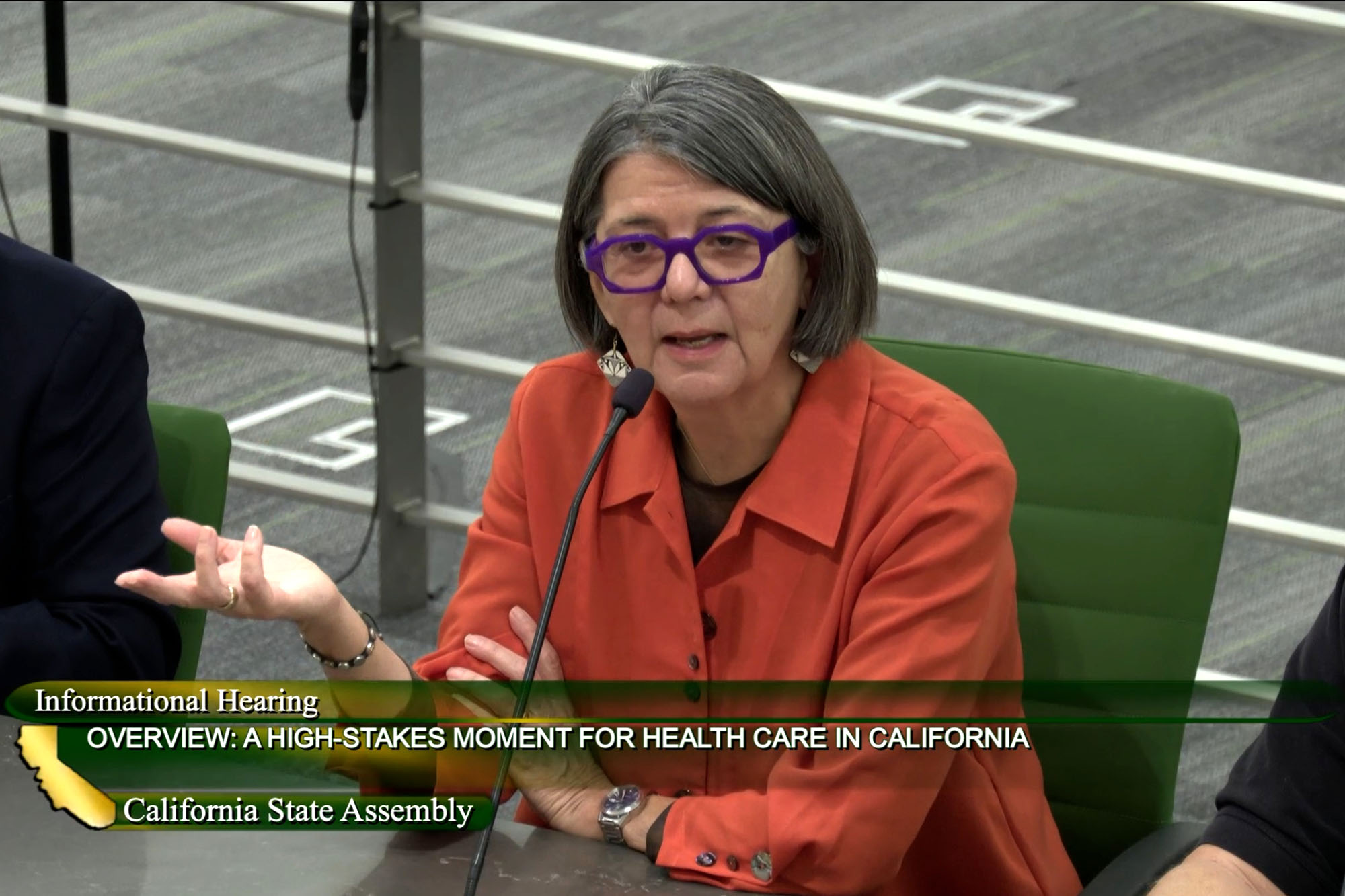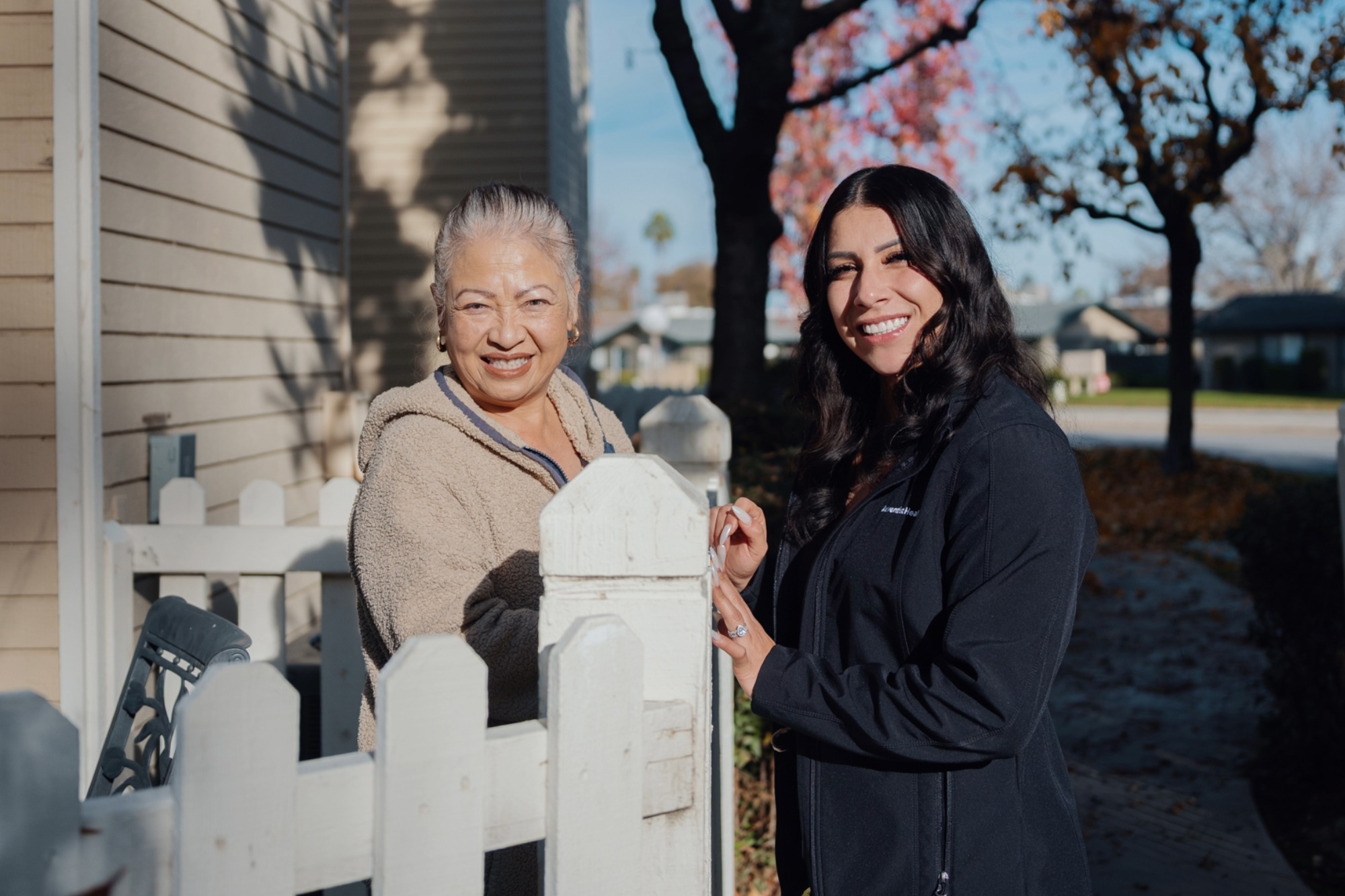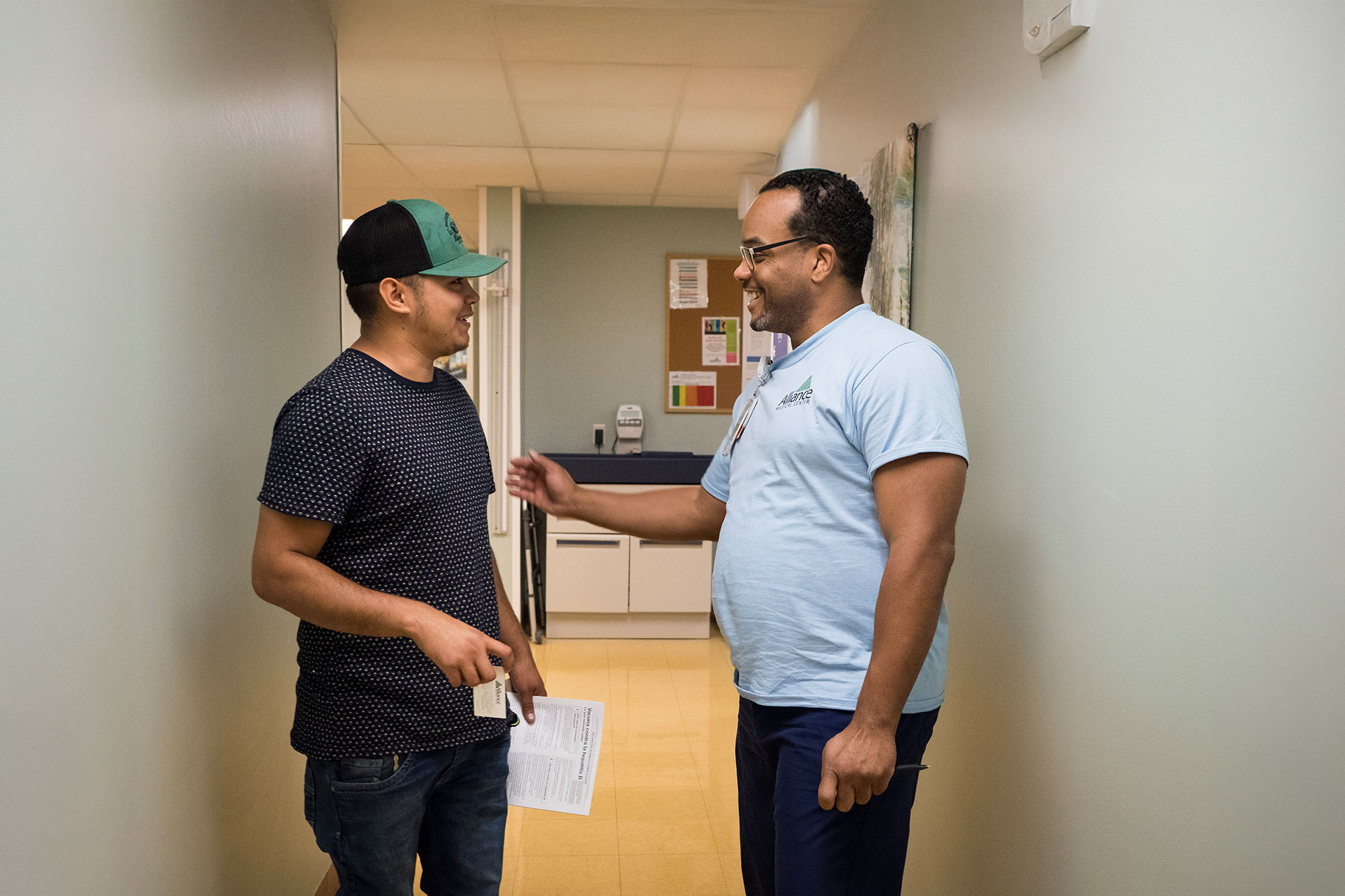Key Takeaways
Californians with multiple needs say they want:
- Relationships rooted in respect and trust. Being asked about their own goals — rather than being told what to focus on — was especially important.
- Easier access to preventive services and more timely care. Many talked about the need for better availability of mental health supports.
- One-stop shopping where they could access several types of care and services in one place. They recognized this goal as an ideal and would welcome more support in navigating health and social systems.
Read an interview with Shakari Byerly, PhD, MPP of EVITARUS, who led the research team.
California’s CalAIM (California Advancing and Innovating Medi-Cal) initiative was designed to transform care for people facing multiple health and social challenges, including homelessness and serious behavioral health conditions. Organizations implementing CalAIM programs have reported that these services are making a difference for them and the Californians they serve. But what about the people themselves? In Their Own Words: What Californians with Multiple Health and Social Needs Say About Their Care focuses on their essential perspective. Participants’ direct quotes are included throughout the report.
In partnership with CHCF, EVITARUS, a research firm based in Los Angeles, interviewed 99 Californians across the state living with at least one of these four challenges: serious mental illness, homelessness, substance use disorders, or functional impairments like cognitive decline or vision loss. EVITARUS also conducted eight focus groups with caregivers. The goal was to understand what people with multiple health and social needs actually experience when they try to get care. The findings reveal both the promise of CalAIM’s vision and opportunities to improve implementation.
Key Findings
The research reveals six insights that can strengthen care delivery:
- Most participants (65%) experience four or more complex needs simultaneously, requiring coordination across multiple systems.
- Trust with providers is crucial — participants value empathy, fair treatment, and culturally resonant care.
- Basic needs like housing, food, and employment often take priority over health concerns.
- Participants face significant barriers to care, including long wait times and limited access, particularly for mental health and dental services.
- There is a strong desire for “one-stop shopping” models that integrate multiple services.
- Navigation support is essential, particularly for those with limited digital literacy or language barriers.
Care managers who coordinate appointments, arrange transportation, and help navigate complex systems were described by many participants as “lifesaving.”
“[They] pretty much always come through with any type of resources, whether it be gas cards or medical help or dentistry or transportation rides for where we needed to be at [a] certain time for my kids’ needs or our needs. They’ve been right there like a rock, so I appreciate them a lot.”
— 34-year-old Latina, Los Angeles County
Advisory Group Insights for Implementation
CHCF’s CalAIM Implementation Advisory Group provided specific reflections to translate these findings into practice. They highlighted the importance of patient autonomy — putting patients’ goals first and assisting them with what they say their primary need is. The group also highlighted the critical importance of hiring people with lived experience or a cultural connection to the community. They stressed that building trust takes time and consistent staffing. Working to reduce staff turnover is crucially important. Finally, care managers benefit from, and are more likely to stay, when they receive training in trauma-informed care.
Authors & Contributors
Silvina Martinez
EVITARUS





